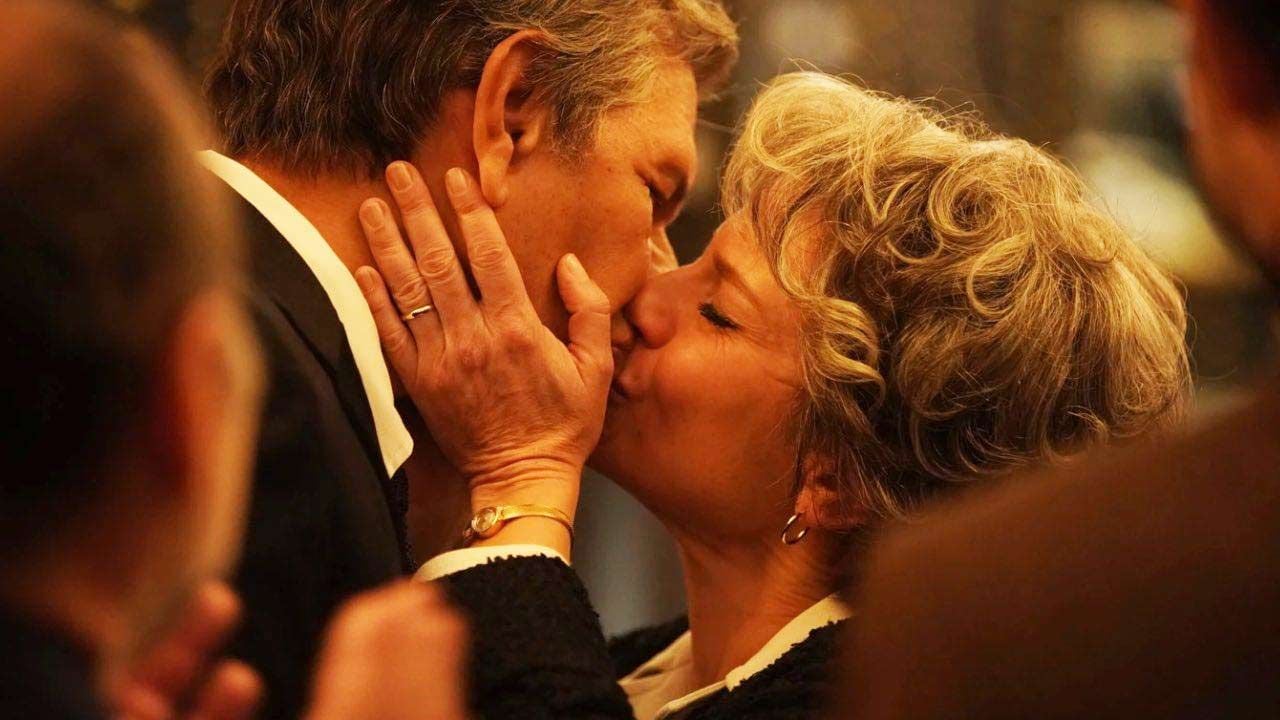Faced with the loss of a child, did you want to talk about what happened with the others?
Alla: “I really needed to talk. I kept telling anyone who was willing to listen what had happened to me. I felt the need to talk about it on my blog. First I turned to my husband for help, then as I blogged about it, I met a lot of mothers whose children had died. They gave me not only support, but also invaluable understanding.
Jeanne: “The fact is that I had to face pregnancy failures 5 times. I really wanted to talk about it, but I didn’t want to force people either. My mother’s first child was born dead in the 7th month of pregnancy, there were severe polyhydramnios, after my birth, and my mother very often told me about it, it was painful and unpleasant for me to listen to this since childhood.
My first pregnancy occurred almost immediately after the wedding, a beautiful daughter was born. When she was 5 years old, I divorced her father and had a man. Six months later I got pregnant they were very happy until the bleeding started on the 2nd month and the pregnancy failed they worried together went to the doctors then six months later the same thing was happening again. It was completely incomprehensible what was going on and how it could be, but we weren’t discouraged, we believed it was an accident, and I was looking for errors, after there were 2 more breakdowns, delays were longer, once I even had to clean. I was in despair, my husband had gotten used to it and didn’t pay attention to it, the doctors really didn’t explain anything.
Aaliya: “I really wanted to talk. My husband and I constantly talked about our son, and often with friends who were willing to talk about him. It was also important for me to find the same parents who lost their children, and I found them on Instagram (the social network was recognized as extremist and banned in the territory of the Russian Federation).
How exactly did those you contacted support you?
Alla: “The most important support is listening without judgement, no belittlement and just kind words of support: ‘I’m sorry, you have every right to feel, it won’t always be like this, I’m here, I I am with you.
Zhanna: “I didn’t turn to anyone for help, my friends said they had a daughter – that’s good enough, some of them can’t even go with a child. My daughter supported me a lot. She already went to school. She asked for a brother or a sister, even slipped me a postcard, she wrote: “Hi mom, I’m your belly baby, wait see you soon!”
Aliya: “My main support was my husband. As parents, we supported and understood each other better than anyone. Some time later, I met other parents who had lost children and they were very supportive. They listened to me and shared their experiences in return. The main thing is that they in no way assessed my feelings. They just listened and supported in everything. They gave me the right to all emotions, including those that many consider negative.
How did the medical staff react to the incident?
Aliya: “Medically everything went well, I gave birth in a separate birthing unit, my husband was nearby all the time. As for the psychological support, it was different. Some staff sincerely tried to support, and I still remember their kind words. Some acted aloof. There were phrases “Don’t worry, you’re going to give birth to another”, but I saw that these words are spoken out of ignorance, inability to support them properly.
Zhanna: “When I came to conservation or cleaning, the staff was indifferent, because they had a lot of them, I realized that when I was lying there.”
Alla: “In my case, the medical staff didn’t give me the support I needed. They hinted in every possible way that the child is a miscarriage and a fetus, that the girl does not need to be removed, and that I am still in labor.
Have you consulted a psychologist?
Alla: “Yes, I turned to a psychologist, who was made available by the Light in Hands Foundation (the Light in Hands Foundation helps women who have experienced perinatal losses. – Editor’s note). Two weeks after childbirth , the psychologist helped me on the plot.The same specialist supported me the first year after the loss, during the next pregnancy and after this one.
Aaliya: “I applied already some time after the defeat. Psychotherapy has helped me a lot.”
Zhanna: “I didn’t go to a psychologist, probably because my daughter supported me. It was somehow easier for my partner, maybe it seemed to me that he didn’t care anyway. My diagnosis: “repeated miscarriages”. I dreamed: if I suddenly manage to give birth, I will make a video for YouTube and write about it on all forums so that girls with such problems believe and do not let go, because it is very important to believe and hope”
What type of support is most needed for a woman who has experienced the loss of a child?
Alla: “Psychological (here I am talking about therapy) and the ability to experience grief as necessary. Support in the form of a simple hearing – no assessment. At the very beginning: cleaning the house, cooking and maybe babysitting older children. This is very important, because at the very beginning a woman may not have the strength for all this.
Aliya: “Psychological support is very important, first of all from relatives and friends. Listen, give voice, don’t assess feelings, don’t give unsolicited advice, just be there when needed. Listen and hear what a woman is saying, what her needs are. Therapy helps a lot – with a qualified psychologist experienced in working with grief.
What words about loss were the most painful?
Alla: “If you give birth again, everything will be fine, she did not even live, she was born dead (when these words were spoken, devaluing my grief), you need to be distracted, let go, you need to live on.”
Alia: “It was a fetus, not a person.”
A psychologist explains: how to properly support those who have experienced perinatal loss
In our culture, the subject of death is taboo, the subject of perinatal loss even more so. It is not usual to talk about it, but pregnancy does not always end with the birth of a living and healthy child. A woman confronted with the loss of a child finds herself not only in mourning, but also in such mourning that she can most often tell few people about it, explains Evgenia Mosko, clinical psychologist, specialist in work on perinatal losses. – The grieving process in a situation of perinatal loss is complicated by the fact that this grief affects almost all areas of life – family and friendships, health, work, life. Relationships with relatives and friends often undergo significant changes. Many are not ready to talk about the loss, they pretend nothing happened, thinking it will be better for everyone. Parents and friends very often choose the “We don’t want to open the wound” strategy.
But in fact, no parent who has lost a child, of course, can forget him for a single day. Such silence, on the contrary, can lead to a complication of the grieving process and additional suffering. We can see from the comments of our heroines how important it was for them to be able to express themselves.
Some, trying to support, say phrases from the category: “get together”, “hold on”, “young, give birth again”, “everything will be fine”. Such words, unfortunately, not only do not console, but are seen as a belittling of the grieving parents’ experiences.
Often relatives can try to console themselves with the help of a comparison: “Here Masha / Vasya / Petya’s child died at so many years, it is more difficult for them.” This is due to a misunderstanding of how to properly support. Such grief is unpredictable, it shocks and terrifies, and the environment of grieving parents may simply not understand how to behave in such a situation.
The main support a grieving parent needs in such a situation is the recognition of the right to all emotions, invaluable support, the willingness to be there, to listen and to show empathy. This is confirmed by the words of our heroines.
It must be understood that mourning is not a momentary phenomenon, but a process that involves stages. Denial, anger, negotiation, depression, acceptance. It is important to know about this in order to understand that many things happen to a grieving person, that their emotions and experiences are normal for this situation.
Parents should not be told that they cry too long or, conversely, too little. There are no clear deadlines. It cannot be said that today you can cry, and tomorrow it is time to finish.
If the parents do not receive support, if they feel that there is no one next to them who can understand and accept their experiences, I always recommend contacting a psychologist. But not all psychologists work on the subject of perinatal losses. I advise you to first find out if the specialist is competent on this subject, if he works with bereavement. Don’t be afraid to ask and clarify. The Light in Hands Foundation provides free assistance.









